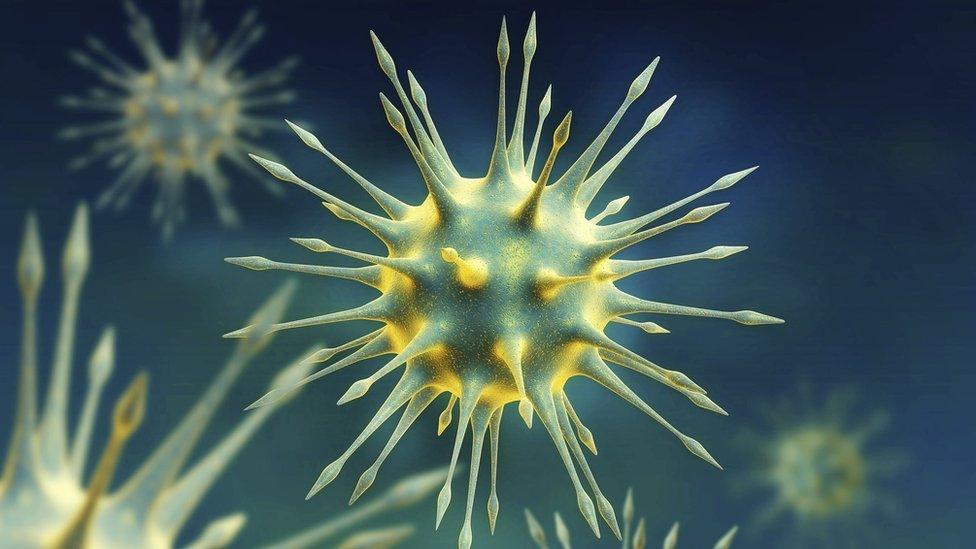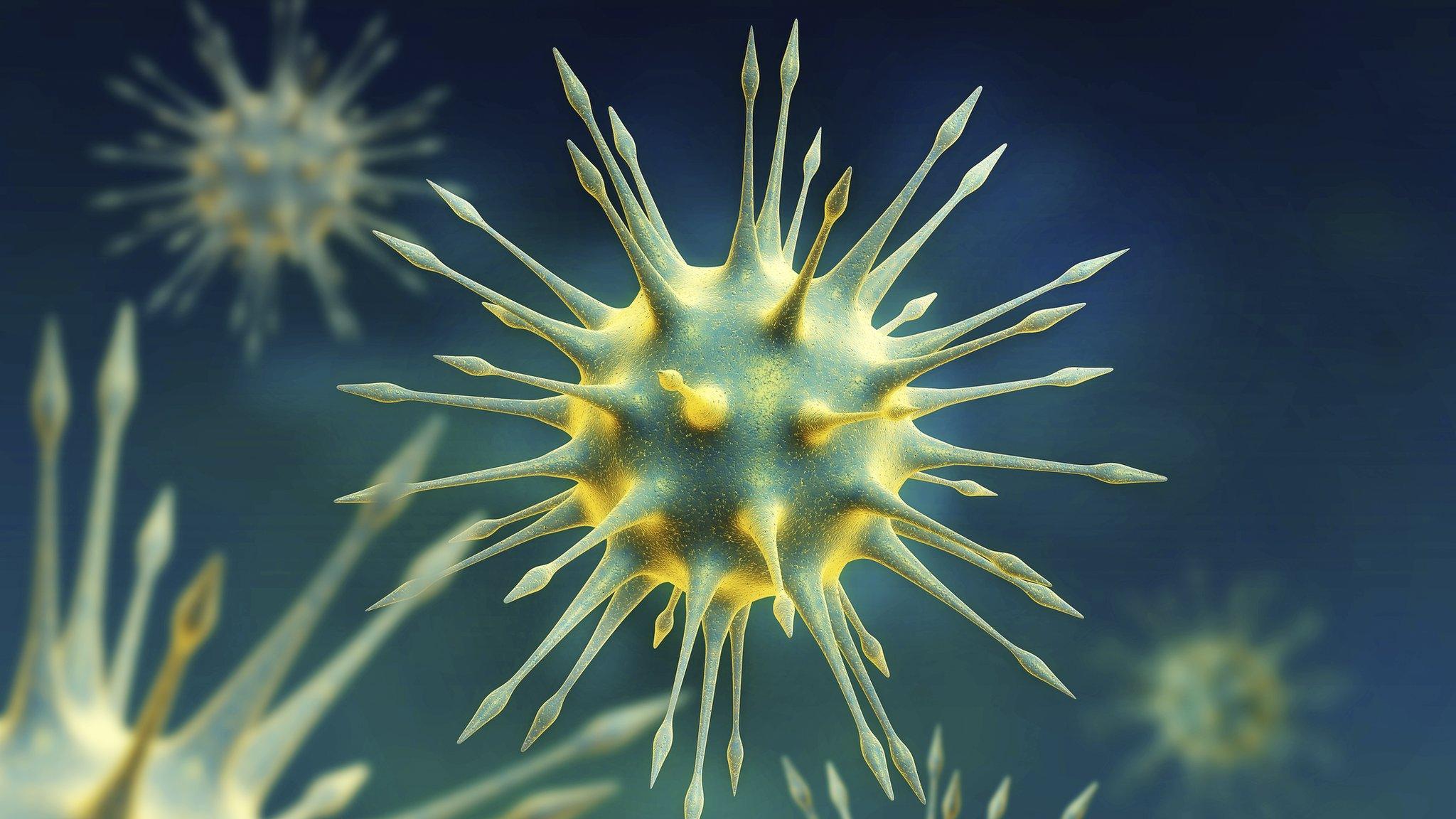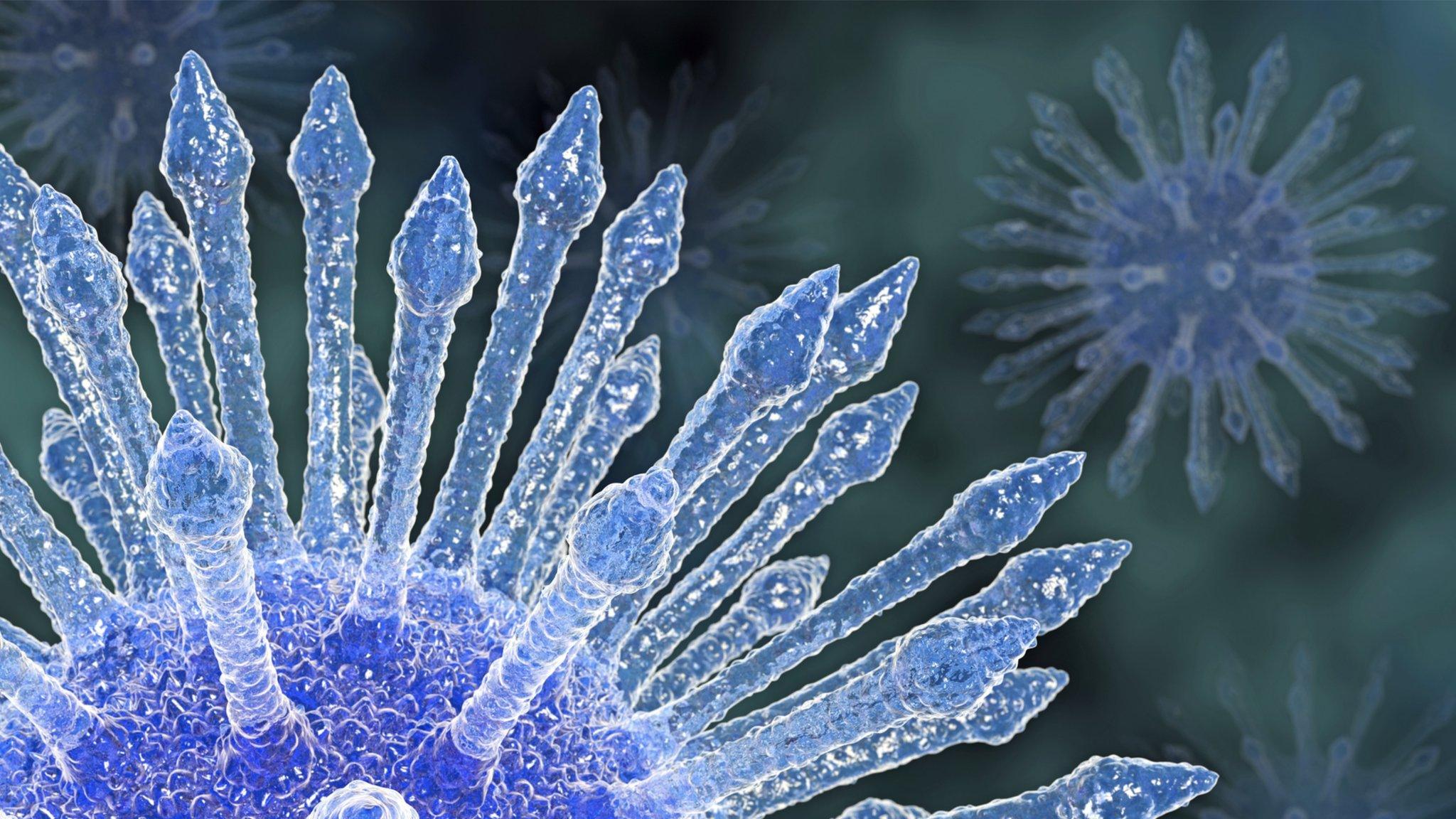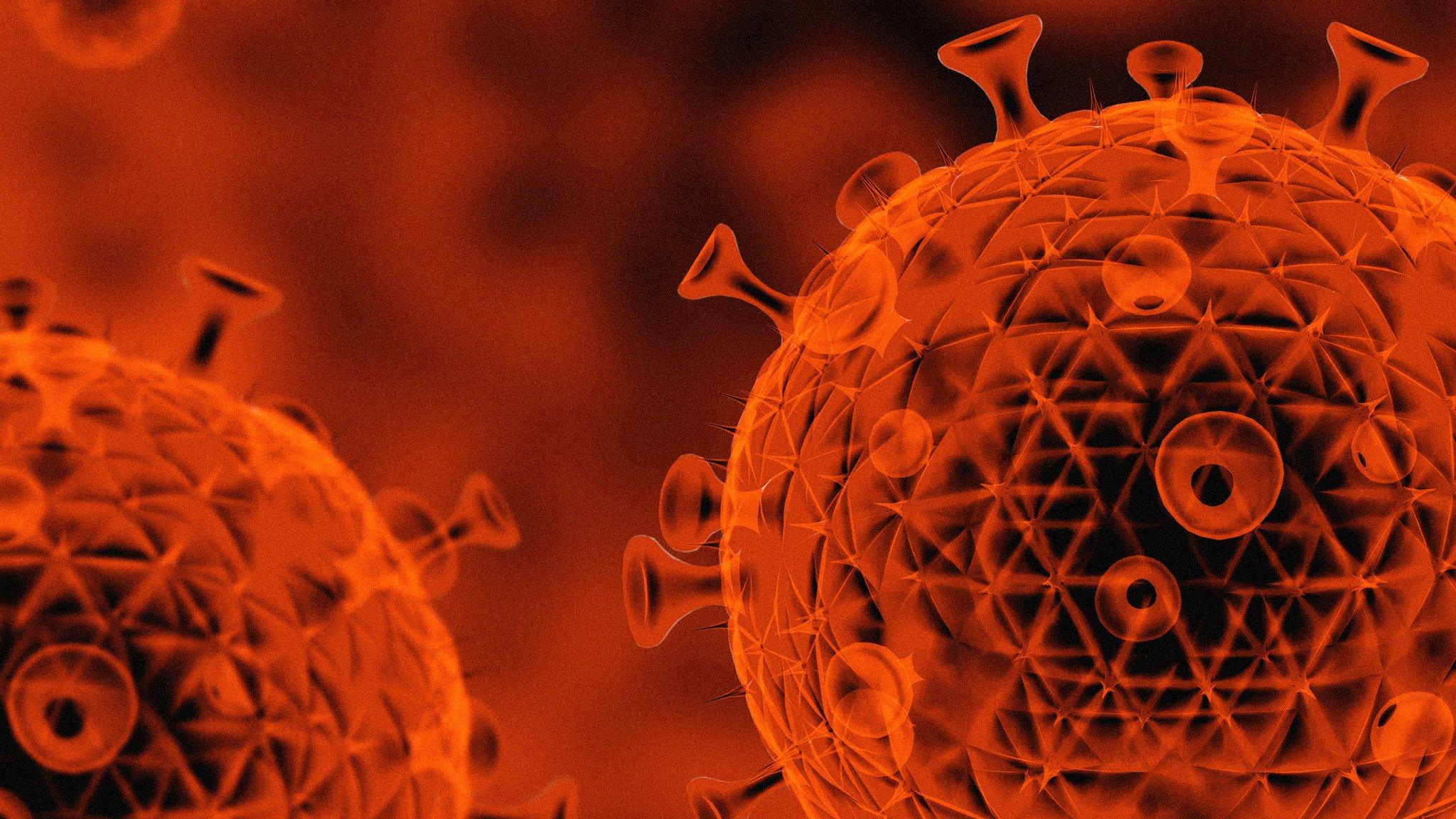WHO backs 'treat-all' HIV drug plan
- Published

Everyone who has HIV should be offered antiretroviral drugs as soon as possible after diagnosis, the World Health Organisation says.
This latest policy removes previous limits suggesting patients wait until the disease progresses.
The WHO has also recommended people at risk of HIV be given the drugs to help prevent the infection taking hold.
UNAIDS said these changes could help avert 21 million AIDS-related deaths and 28 million new infections by 2030.
The recommendations increase the number of people with HIV eligible for antiretrovirals from 28m to 37m across the world.
But the challenge globally will be making sure everyone has access to them and the funds are in place to pay for such a huge extension in treatment. Only 15m people currently get the drugs.
The recommendations have less relevance to the UK however. Nine in 10 people with diagnoses are already on the drugs with patients entitled to ask for them before they reach the threshold WHO refers to.
Although the use of the treatment as a preventative measure is not recommended.

What are antiretrovirals?
Antiretroviral therapy (ART) is a combination of medicines used to treat HIV. It is not a cure, but can control the virus so that patients can live a longer, healthier life and reduce the risk of transmitting HIV to others.
The drugs prevent HIV from multiplying, which reduces the amount of the virus in the body.
Having less HIV in the body gives the immune system a chance to recover and fight off infections and cancers.
By reducing the amount of HIV, the medicines also reduce the risk of transmitting the virus to others.

Mark Dybul, executive director of the Global Fund, a private-public initiative which is one of the biggest funders of HIV research and treatment, said: "The recommendations are critically important to moving us towards the fast-track treatment and prevention goals.
"We must embrace the ambition if we are going to end HIV as a public health threat."
Michel Sidibe, of UNAIDS, added: "Everybody living with HIV has the right to life-saving treatment. The new guidelines are a very important steps towards ensuring that all people living with HIV have immediate access to antiretroviral treatment."
The WHO announcement comes after extensive research into the issue.
A US National Institutes of Health study due to run until 2016 was stopped early after an interim analysis found giving treatment straight after diagnosis cut deaths and complications, such as kidney or liver disease, by half.
Meanwhile, a UK study found giving healthy gay men drugs meant one case of HIV could be stopped for every 13 men treated for a year.
- Published28 May 2015

- Published24 February 2015

- Published21 April 2015

- Published18 February 2015
